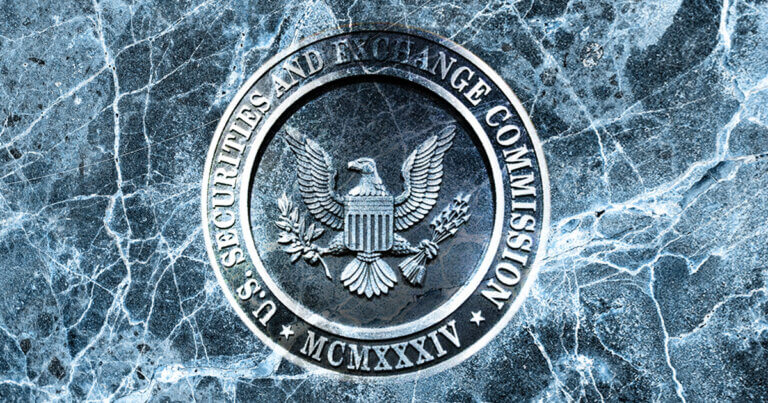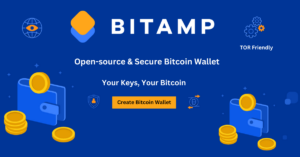 SEC commissioner calls for specialized forms to address digital asset complexities
SEC commissioner calls for specialized forms to address digital asset complexities SEC commissioner calls for specialized forms to address digital asset complexities
Uyeda emphasized the need for specialized disclosures to ease the burden on digital asset sponsors.

Cover art/illustration via CryptoSlate. Image includes combined content which may include AI-generated content.
US Securities and Exchange Commission (SEC) Commissioner Mark T. Uyeda has urged the agency to develop specialized S-1 registration forms specifically designed for digital asset securities.
Uyeda made the statement during a talk at the Korea Blockchain Week 2024 event on Sept. 3 and emphasized the importance of updating the SEC’s regulatory tools to address the unique features of digital assets.
Custom S-1 form
The S-1 form is a key document required by the SEC for US issuers before they can offer new securities to the public. This form typically includes essential financial disclosures, such as income and cash flow statements, that are intended to provide transparency to potential investors.
However, Uyeda pointed out that the current S-1 forms may not adequately capture the specific characteristics and complexities of digital asset securities.
Drawing on examples from other financial products, Uyeda highlighted how the SEC has previously worked with sponsors to create customized registration requirements when standard forms were insufficient. He suggested that a similar approach could be beneficial for digital asset securities, which often do not fit neatly into existing regulatory categories.
Uyeda expressed concern that the lack of tailored registration options could place unnecessary burdens on sponsors of digital asset securities, requiring them to provide disclosures that may not be relevant or feasible. He called for a more adaptive regulatory framework that recognizes the distinct nature of digital assets, which have been classified as securities under federal law.
Regulatory clarity
The issue of how to regulate digital asset securities remains a contentious topic within the SEC, especially in light of legal disputes with major industry players.
Several crypto firms, including Ripple and Coinbase, have argued that the SEC has not provided sufficient clarity on what constitutes a security in the context of digital assets, leading to uncertainty and legal challenges.
The firms have highlighted the need for the SEC and other regulators to provide clear, consistent, and predictable rules that can help foster innovation while protecting investors. The ongoing regulatory uncertainty has been a significant point of contention, with both firms advocating for reforms that would provide greater clarity and support for the digital asset industry.
Uyeda also addressed the broader issue of regulatory uncertainty in the digital asset space, noting that the SEC has yet to take decisive action on this front. He suggested that the agency should consider new legislation or rulemaking to provide clearer guidelines for the industry.
However, despite the increasing relevance of digital assets, these issues have not been prioritized in the SEC’s regulatory agenda under Chair Gary Gensler.
With a fixed term as commissioner until June 2028, Uyeda has emphasized the need for the SEC to take into account international developments, particularly in regions like the European Union, South Korea, and Japan, when crafting future regulations for digital assets.





 Farside Investors
Farside Investors 
































































































